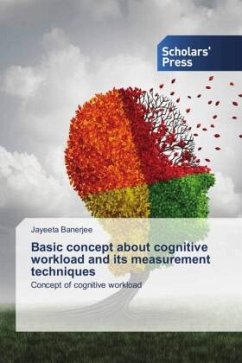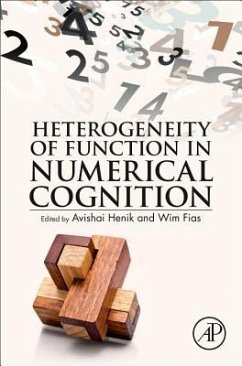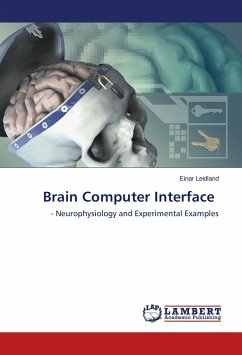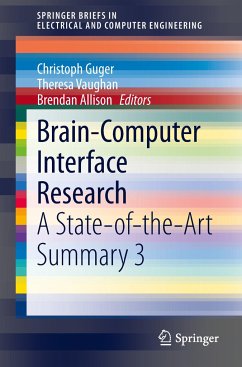
Font type size interface & cognitive workload during onscreen reading
Versandkostenfrei!
Versandfertig in 6-10 Tagen
53,99 €
inkl. MwSt.

PAYBACK Punkte
27 °P sammeln!
Typography (font type and size characteristics) is a very common issue in digital as well as in the printed media. There are some basic differences between reading text on paper and on a display screen. When typefaces are digitized for use on computers, the letterforms have to fit within a relatively small pixel grid and this relatively low resolution cannot render effectively enough the fine finishing strokes of different typefaces. Hence, selection of a particular font is an important factor for the presentation of text on digital media. In the present study, the emphasis has been directed t...
Typography (font type and size characteristics) is a very common issue in digital as well as in the printed media. There are some basic differences between reading text on paper and on a display screen. When typefaces are digitized for use on computers, the letterforms have to fit within a relatively small pixel grid and this relatively low resolution cannot render effectively enough the fine finishing strokes of different typefaces. Hence, selection of a particular font is an important factor for the presentation of text on digital media. In the present study, the emphasis has been directed toward evaluating the effect of font type and size on cognitive workload during visual information processing in reading on the computer screen. The study has been carried out to evaluate the effect of typographic influences on reading by using readability, subjective measures and eye movement study on a group of young Indian adults. Based on the outcome of the study an attempt has been made to find out the similarities and differences between the findings of these three methods and finally, a general conclusion has been drawn.












